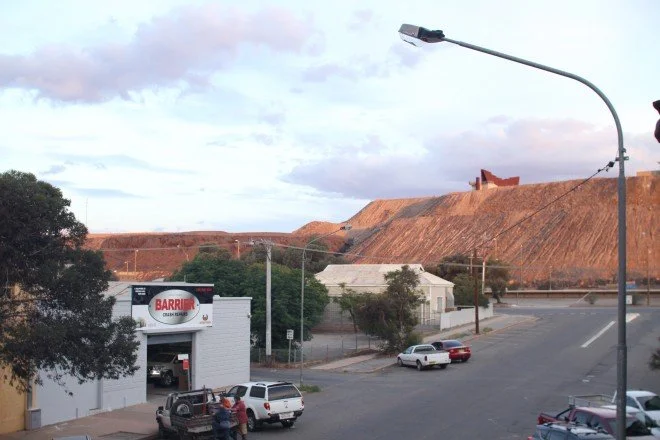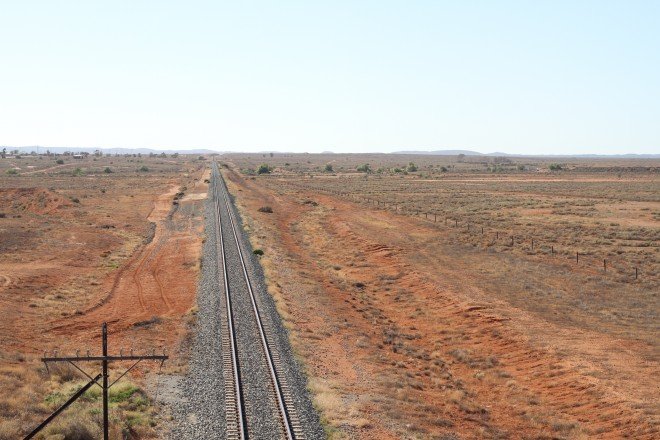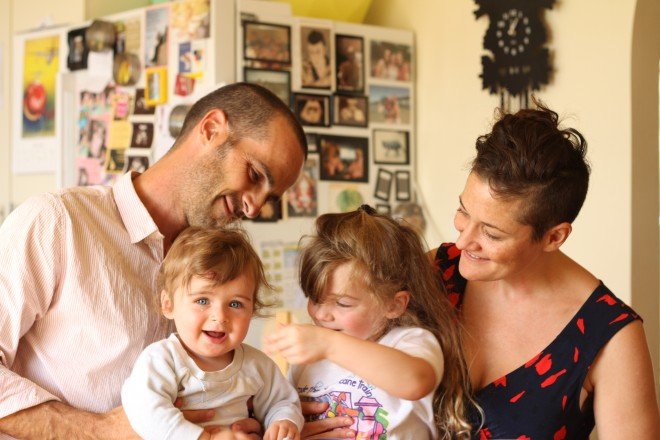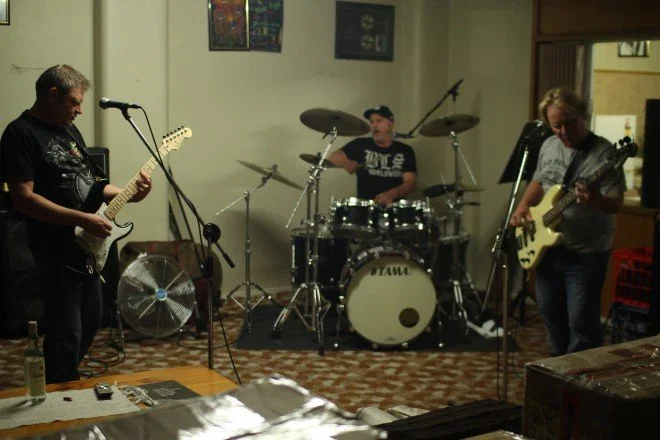Still my favourite thing I've ever made: parenting in the lead polluted town of Broken Hill
My favourite piece, a feature-length radio documentary called Lead Affected, which topped The Guardian's list of the best Australian podcast episodes of 2016.
"I felt betrayed, because I loved Broken Hill and I loved my house and I loved the town, and I loved the streets and I loved everything about it. And to think that my lovely town was poisoning my beautiful baby was heartbreaking."
Nobody wants to be a bad parent. So how does a community cope when the place they live is harming their children? Broken Hill sits on the world’s largest known deposit of silver, lead and zinc, which they’ve been mining continuously since its discovery in 1883. It’s a town built on mining. The streets are named after the minerals dug from the earth and the people who live there are proud of their history of unionism and industry.
It’s also a town with a lead problem. Over a hundred years of mining and a few years of smelting have scattered the toxic substance into the environment. It’s in the dust, building up in people’s ceiling cavities, on their water tanks, the lounge room carpet. From there it gets on kids hands, into their mouths, their blood and then their brains, where it leads to intellectual and behavioural problems.
Lead pollution is a magnifier of disadvantage, and it is Aboriginal children who have the highest average lead levels in Broken Hill.
Sometimes, when a town is reliant on a single and damaging industry, a sort of wilful blindness develops. It’s called industrial capture.
Music in order of appearance:
Unknown punter singing ‘Better Be Home Soon’ by Crowded House, recorded during karaoke at the Palace Hotel, formerly ‘Mario’s Place’
‘Tainted Love’ by Ed Cobb, covered by Lead Affected and recorded at band practice in Broken Hill
‘How’s Your Wife’ by Caitlin Park






